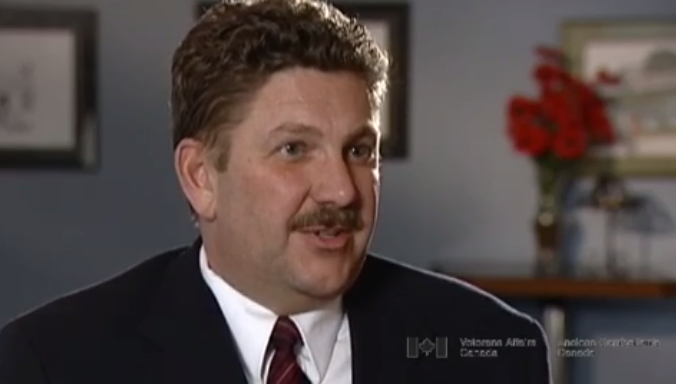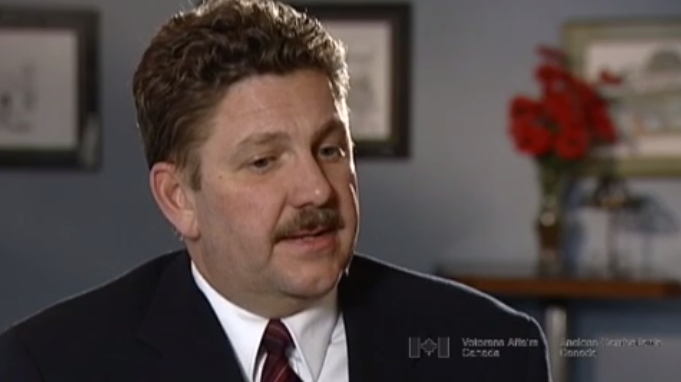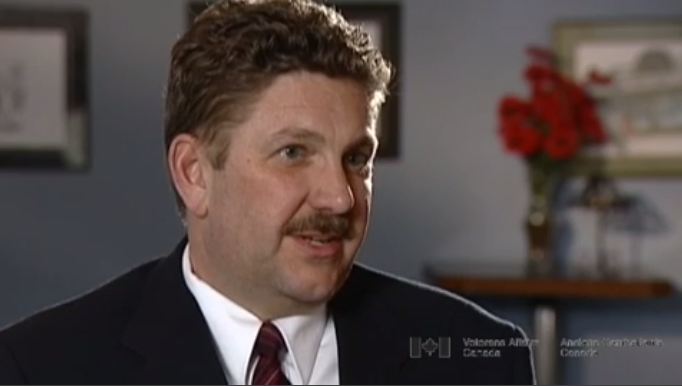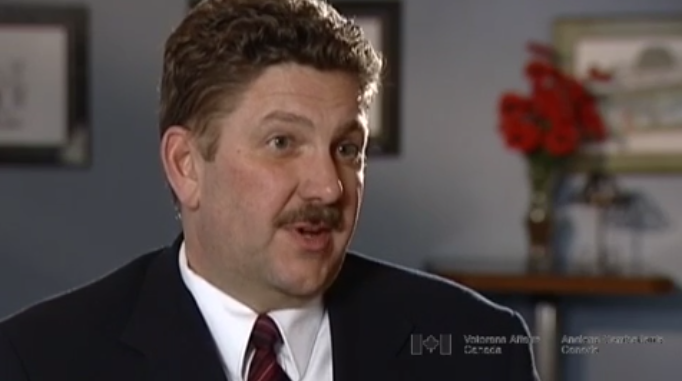Culture of Hatred
Heroes Remember
Culture of Hatred
Transcript
Description
Mr. Gasser talks about how it became obvious that the people in Bosnia carried such a hatred for each other.
Steven Gasser
Major (Ret'd) Steven D. Gasser CD (RMC 1979) was born in 1956 and grew up primarily in Kimberley, British Columbia. When Mr. Gasser was 17 he was drawn to an ad put out by the Royal Military College highlighting a flying career and the educational benefits that went along with it. He wasted no time and enlisted on his 18th birthday, with the desire to learn how to fly and also acquire a degree in engineering. After his third summer of flight training his eyes did not meet the minimum requirement and Mr. Gasser had to fall back on his engineering degree. He graduated with a Bachelor of Engineering (Civil) (Royal Military College of Canada, 1979). Once finished his Military Engineer training, Mr. Gasser joined his first unit 5e Regiment du Genie de Combat in Valcartier, Quebec, where he was appointed as a regimental intelligence officer and then engineer troop commander. In 1983 Mr. Gasser answered the call for an engineer troop commander in support of the UN peacekeeping operations in Cyprus. After six months in Cyprus, Mr. Gasser came back to Canada to work in the construction engineering section for the air force at CFB Edmonton, and later taught tactics with the CF School of Military Engineering at CFB Chilliwack. Mr. Gasser also worked in Maritime Command HQ in Halifax as a Senior Staff Officer, and as Base Engineer at CFB Shilo, MB. In December of 1997, Mr. Gasser was deployed to Bosnia as officer commanding the 1 Construction Engineering Unit - specialist engineer company where he was able to work closely with civilians helping them to rebuild the university, bridges and infrastructure. Mr. Gasser gave 24 years to the service. He retired in September 2008 and has subsequently been appointed as the Director, Environmental services for the Town of Banff 1998 – 2003; Assistant Deputy Minister, Public Works, Government of Yukon 2004 - 2008. He has been the Associate Vice-President, Facilities Management, at the University of Calgary since 2008.
Meta Data
- Medium:
- Video
- Owner:
- Veterans Affairs Canada
- Duration:
- 02:28
- Person Interviewed:
- Steven Gasser
- War, Conflict or Mission:
- Canadian Armed Forces
- Location/Theatre:
- Bosnia
- Branch:
- Army
- Units/Ship:
- VA Cartier #1 Construction engineering
- Rank:
- Major
- Occupation:
- Engineer
Related Videos
- Date modified:






